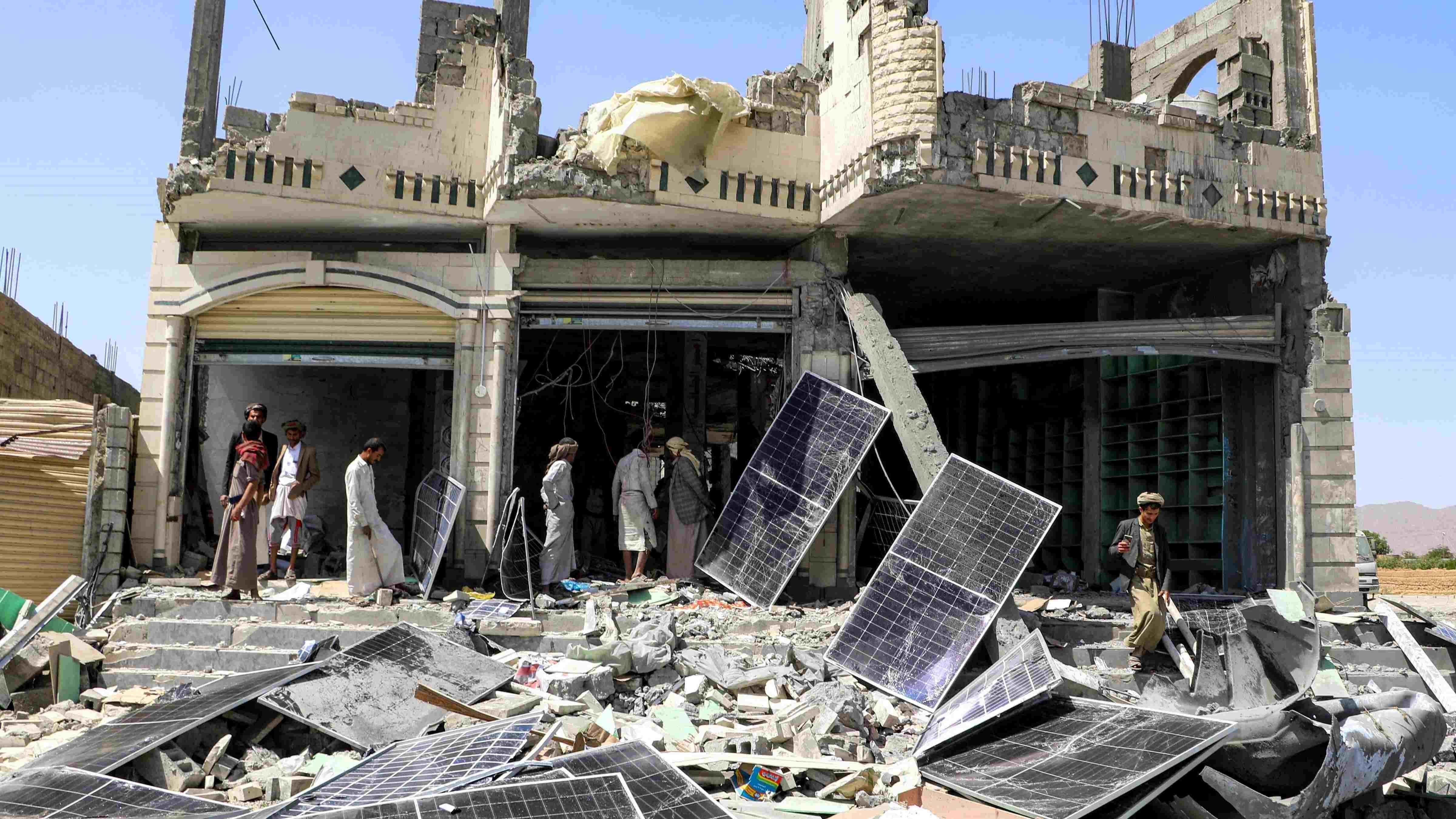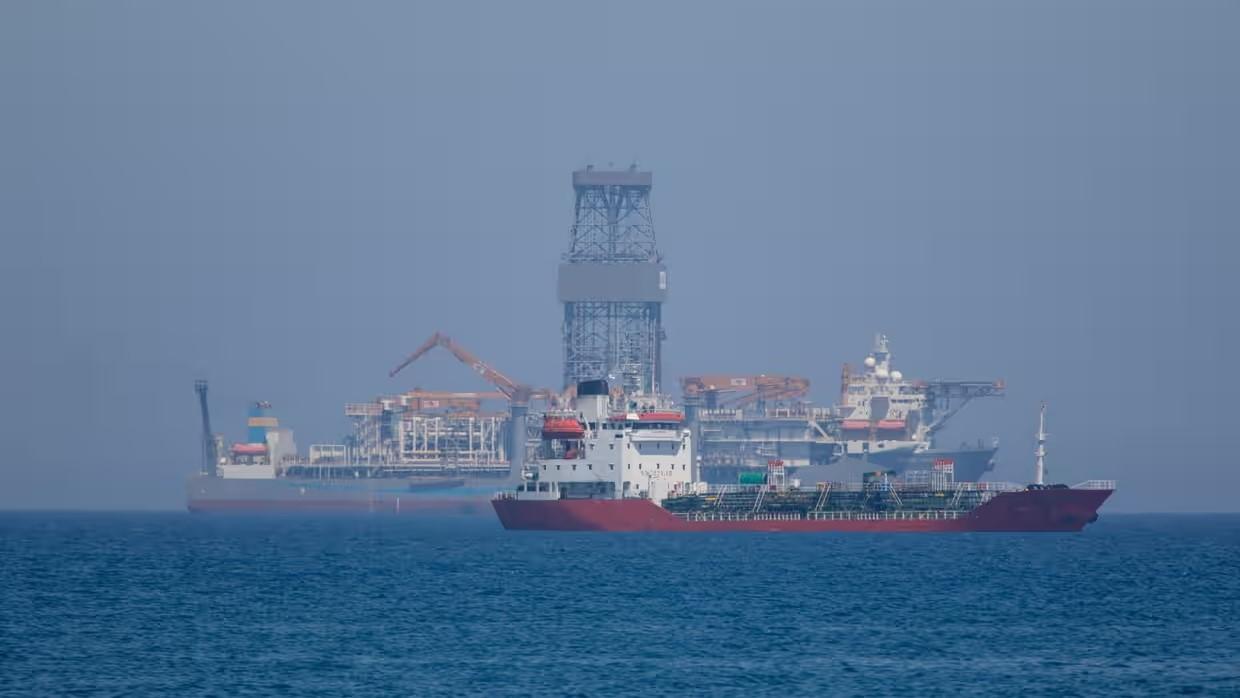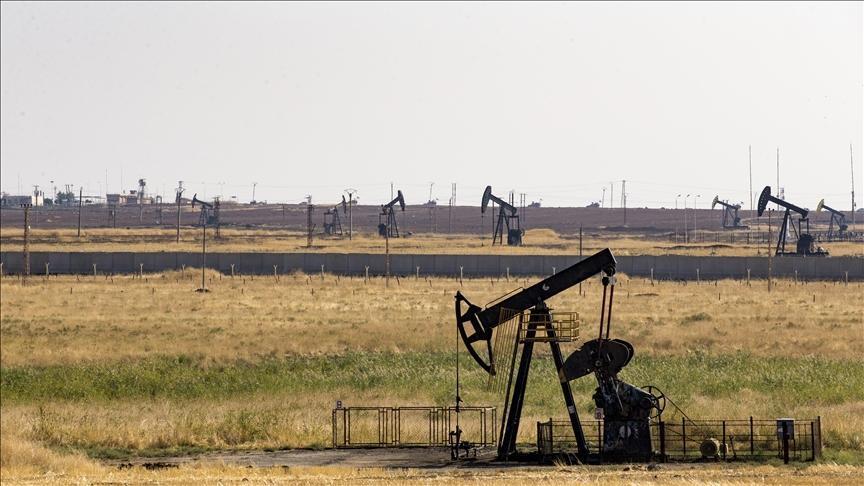Sponsors for Cyprus, why?
It is difficult to understand why Turkish Cypriot President Mustafa Akıncı and his team have started seeking international sponsors for a Cyprus deal while there is, as yet, no such deal ready.
Can there be anyone in northern Cyprus who might turn his back on the prospect of an honest peace deal with the Greek Cypriots? Turkish Cypriots proved back in April 2004 that they could even support and embrace a resolution plan despite its deficiencies as regards to two levels of sovereignty, separate citizenship, property, ambiguous wording on the eventual withdrawal of all Turkish troops and some other aspects. Why? The answer was as simple as why Greek Cypriots voted in a separate referendum to overwhelmingly reject and thus kill the same U.N.-brokered plan.
Cut off from the international community of nations since they were expelled at gunpoint by their Greek Cypriot partners from the Cyprus Republic in December 1963, the Turkish Cypriot people has been living in deprivation, dependent on Turkey’s “affectionate” support. Affection for the motherland, unfortunately, produced a colonial administration over the years, particularly after the Justice and Development Party (AKP) came to power in Ankara. Turkish Cypriots were pushed into a corner like a cat. On one side there is the Greek Cypriot greed to convert the island into a “totally Greek land” with some “peculiar Turkish Cypriot minority” while on the other side, there is a Turkey which is increasingly tilting to make northern Cyprus Turkey’s newest province, if not a fully integrated colony.
In 2004, despite the shortcomings of the U.N.-brokered peace plan – or as was it called, the Annan Plan – Turkish Cypriots embraced it in the hopes that European Union accession would provide security and well-being. They were as well deceived by then-Turkish Cypriot Prime Minister Mehmet Ali Talat and his team with villa cutouts from real estate brochures that those who would be evicted from their homes in a peace deal and rendered refugees for a third time in a lifetime would be compensated with those luxurious villas. Turkish Cypriots wanted to believe that finally there would be a resolution and they would finally settle and build homes in which they would build their new lives once and for all. Thus, Turkish Cypriots voted en masse to accept the plan on April 24 and heralded a reality to the world: “We want a settlement; we are ready to sacrifice for it.”
The Greek Cypriots, however, did not want to accept bi-zonality and bi-communality. Not all refugees were returning to their pre-1974 properties in north because of the bi-zonality and bi-communality principles on which the new federation was to be established. That was unacceptable for Greek Cypriots. Even though the Annan Plan was not specifically referring to separate Turkish Cypriot sovereignty, it was saying that Turkish Cypriots would administer their constituent state “sovereignly.” That was not acceptable; sovereignty must have belonged solely to the Greek Cypriot-led central government. Turkish troops were to leave the island in a phased schedule spanning 18 years. Greek Cypriots wanted the immediate withdrawal of Turkish troops. Thus, Greek Cypriots voted en masse on April 24, 2004 – just days before their unilateral accession to EU despite the Cyprus problem and the declared opposition of Turkish Cypriots – to overwhelmingly reject and kill the Annan plan.
Nothing has changed since then except that the Akıncı presidency in northern Cyprus that started to talk with Greek Cypriot slogans. Agreeing to give the pre-1974 owners the right of first say in resolving the property issue, compromising on the proportion of future refugees and accepting one to four as regards population movements from Turkey and Greece to the island and declaring the 1960 system was no longer a Turkish Cypriot priority were just some of the fatal mistakes done and which enraged the Turkish Cypriot electorate over recent months.
To keep his presidency up and running, Akıncı – and with the help of Talat’s Republican Turks’ Party-led coalition government – are now busy creating some false hopes that a resolution is still discernible and within the next few months, the Turkish and Greek Cypriot peoples might be offered to vote in separate referenda on a new peace plan. To achieve that Akıncı stressed that he and his Greek Cypriot counterpart, Nikos Anastasiades, would accelerate the talks in November and December…
Obviously, Akıncı is trying to save his pal Anastasiades and wants to complete a peace deal before the scheduled May presidential vote in the internationally recognized, EU member southern Republic of Cyprus. However, does Anastasiades need his help any longer? Already thanks to the concessions Akıncı pledged, Anastasiades has won the support of even the Church of Cyprus. It appears a second term will be an easy victory for Anastasiades.
But, because of the concessions he allegedly agreed to deliver, Akıncı has lost and continues losing popularity even though he came to power with 66 percent of the vote just last April.
Why is Akıncı after international sponsors for a Cyprus deal? Where is the deal? Or is Akıncı trying to fool Turkish Cypriots this time not with villa cutouts from real estate brochures but by buying a Turkish Cypriot “yes” vote with false hopes that billions of dollars will pour in to finance a deal?











